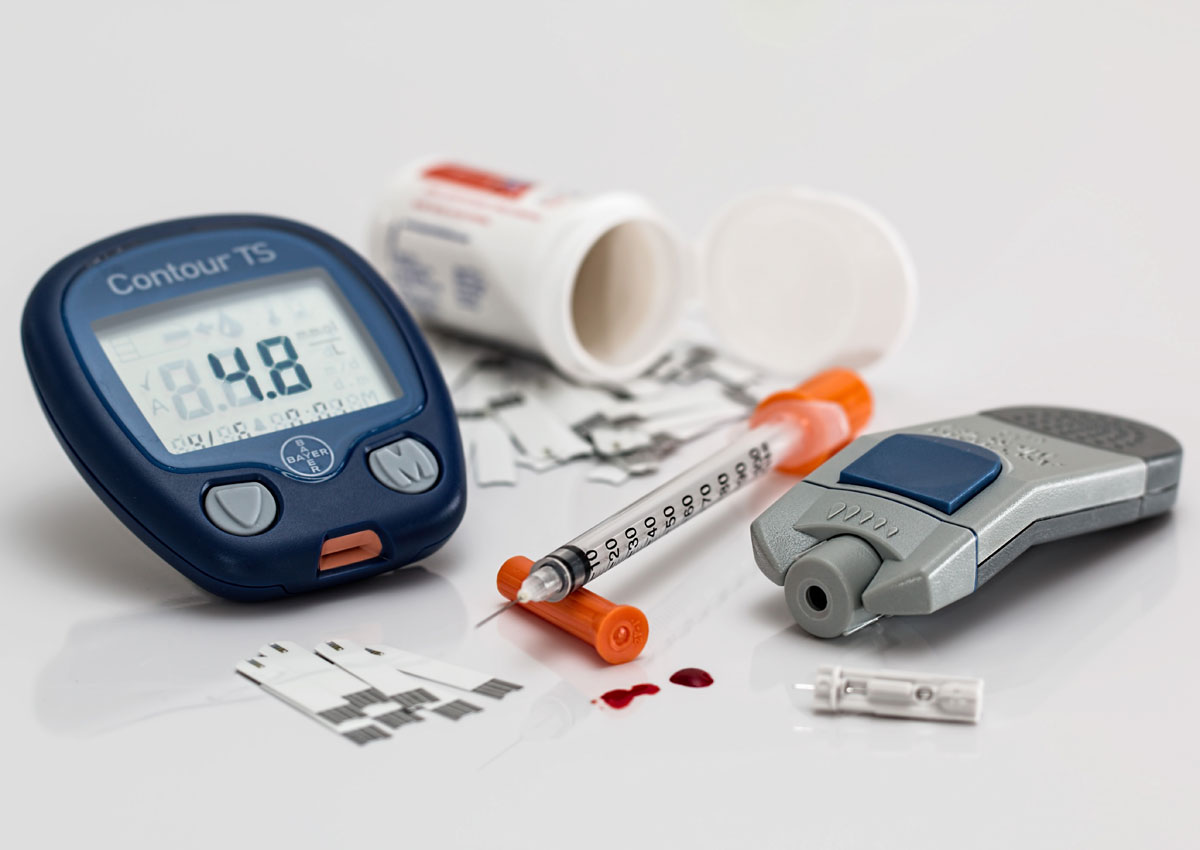Women are just as susceptible to diabetes

KUALA LUMPUR – There is an assumption that women are less susceptible to diabetes than men.
This is wrong, said associate professor and consultant endocrinologist Dr Alexander Tan, who is also Universiti Malaya Medical Centre head of the Diabetes Care Unit.
“Due to such an assumption, women may get diagnosed later and have a longer period of undetected high glucose, which in turn can lead to more complications,” he said.
Some studies have even shown that heart disease in women with diabetes is more deadly than in men, he said.
Dr Tan also pointed out that the National Health and Morbidity Survey (NHMS) 2015 showed that the prevalence of diabetes in Malaysia was slightly higher in adult females (18.3 per cent) than males (16.7 per cent).
NHMS also estimated that about 10 per cent of Malaysians under age 45 have diabetes, with one in 20 Malaysians (5.5 per cent) in the 18- to 20-year age group having diabetes.
He said it is especially worrying to see an increasing number of young people with diabetes.
“And it is worrying that many women who are of child-bearing age (less than 45 years old) already have diabetes,” he said.
In general, Dr Tan said the prevalence of diabetes in pregnancy (either type 2 or gestational diabetes) is estimated to be between one in 10 and one in seven pregnancies or 10 per cent to 15 per cent of pregnancies.
“This has an impact not just on the woman, but also on the foetus as well. It’s two lives affected.
“High blood glucose levels during a woman’s pregnancy can result in a higher risk of miscarriage, deformities and difficulties during labour due to increased foetal size, which can harm both the baby and the mother,” he said.
He said that there is also a hypothesis that “foetal programming”, which occurs while a baby is in the uterus, may affect their metabolism as they grow up – they tend to be more obese and become diabetic as they grow up.
Dr Tan explained that there are generally two scenarios of a woman having diabetes during pregnancy – the woman has diabetes prior to pregnancy and then becomes pregnant (usually called “type 2 diabetes in pregnancy”) or she develops diabetes during pregnancy (gestational diabetes).
Type 1 diabetes in pregnancy does occur but it is rare and it is the hardest to manage, he said.
For type 1 diabetes, insulin is a must whether the woman is pregnant or not as they could die without it, while for type 2, some patients can do without insulin but need medication.
For women with gestational diabetes, it is mainly diet control, but sometimes insulin is needed, he said.
“Most cases of gestational diabetes tend to have a normal glucose level after pregnancy.
“However, a woman who has a history of gestational diabetes will have a higher risk of developing type 2 diabetes later on in life and should therefore be regularly monitored for this,” he said.
Women with diabetes also have a higher risk of vaginal thrush (yeast infection) and urinary tract infection.
Diabetes is also linked with polycystic ovarian syndrome in women, he said.
Therefore, he said there is a need to push for equal access to screening, diagnosis and treatment – exactly what this year’s International Diabetes Federation’s World Diabetes Day campaign is highlighting, he said.
Dr Tan said that if a woman is known to have diabetes before becoming pregnant, she will need to consult with her doctor to ensure that her medications are suitable for pregnancy and her glucose level is well controlled before trying to conceive (HbA1c less than 6.5 per cent).
“A pregnant woman with diabetes needs to go for regular follow-ups with her gynaecologist and physician to monitor her glucose (both at home and at clinic) and to ensure the foetus is developing normally.
“She should also receive advice on maintaining a healthy diet for pregnancy, which includes knowing how to manage carbohydrate intake and avoiding excessive weight gain during pregnancy. In some cases she may need to start on insulin.
“With diabetes in pregnancy, you have a limited amount of time to get things right to avoid poor outcomes,” he emphasised.
Asked if there were women who did not know they had diabetes until they were screened during pregnancy, he said that there were quite a number.
“There are many younger people with diabetes who don’t know they have diabetes until they go for a routine check-up,” he said.
Dr Tan said that most pregnant women undergo screening for diabetes at 24 to 28 weeks but some get tested earlier if they are at high risk (such as strong family history and obesity).
With proper care, monitoring, education, medications and the right attitude towards looking after oneself and the baby in the womb, a woman can avoid the terrible complications of diabetes, he said.
Published at Wed, 15 Nov 2017 01:48:21 +0000





